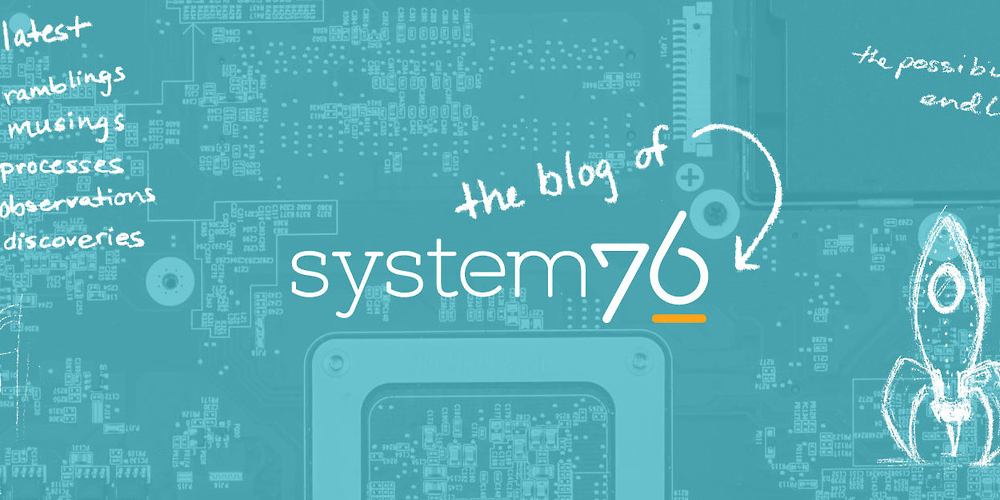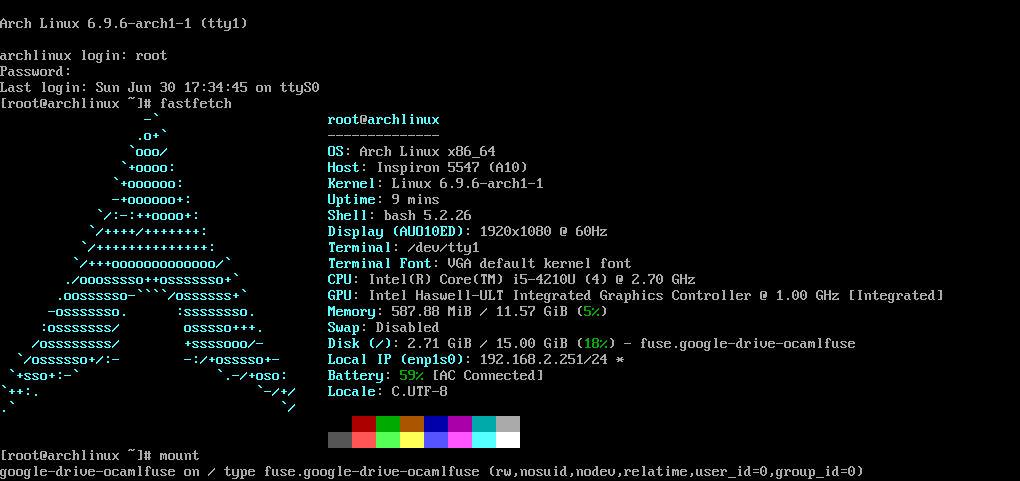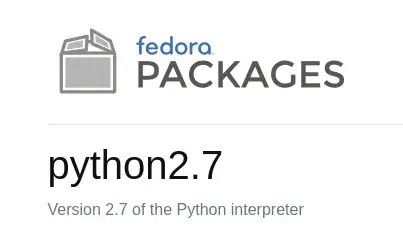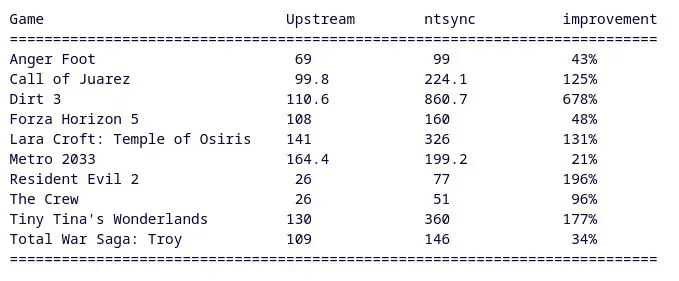

In their EU store, Fairphone already sells degoogled Fairphones with /e/OS next to their regular Fairphones with Google.
Is this what you mean with
from the factory
?
Or do you want them to get rid of the partnership with murena and do it themselves?
















Thanks for the clarification. Hopefully they will do that.